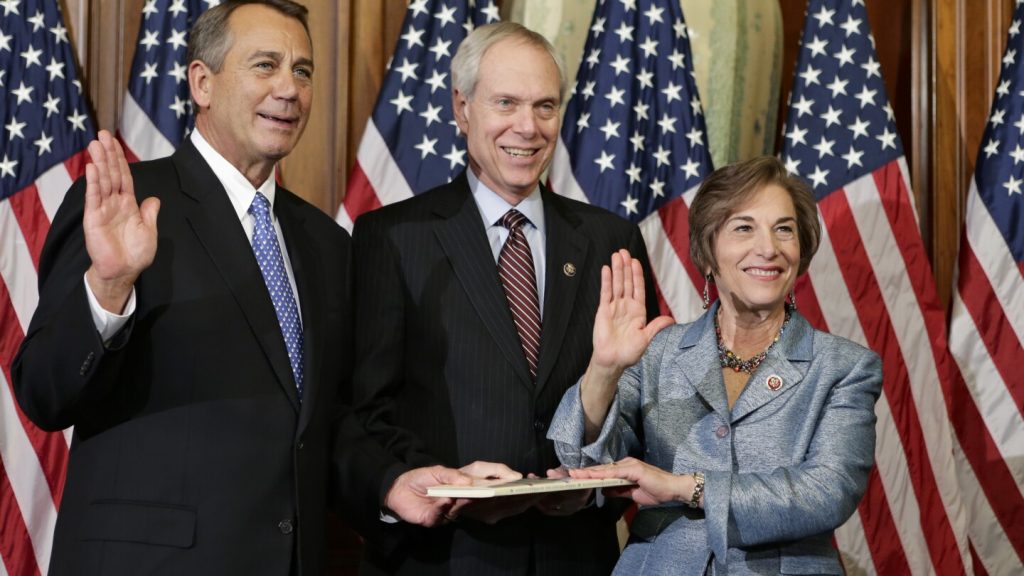In the past decade, U.S. House representatives have accepted nearly $4.3 million in private funding for airfare, lodging, meals, and other travel expenses. Almost a third of these payments, totaling over $1.4 million, covered the costs for a lawmaker’s relative to accompany them on these trips. The trips have taken these lawmakers to various destinations around the world, allowing them and their families to stay in luxurious resorts, experience different cultures, and dine at high-end restaurants. However, critics argue that these trips, funded by advocacy organizations, nonprofits, and think tanks, are essentially “influence-peddling vacations.”
An investigation by Boston University and the Howard Center for Investigative Journalism at the University of Maryland has revealed that since 2012, hundreds of House members, divided along party lines, and their staff have taken around 17,000 privately funded trips. The investigation focused on 628 trips taken by lawmakers who are considered “frequent fliers.” U.S. Rep. Barbara Lee of California leads the list with 45 trips since 2012, often bringing family members along on these trips to various international destinations. While there are clear rules and guidelines in place, critics question the ethics of lawmakers turning these trips into free family adventures.
House rules allow one relative to accompany a lawmaker on these trips, with the sponsor covering the costs. However, critics argue that this practice undermines the intent of House ethics reforms meant to distance lawmakers from special interest influence. The potential for indebtedness to these sponsors raises concerns about the true motives behind these trips. The 2007 reforms were prompted by a scandal involving public officials who received extravagant free trips from a prominent lobbyist, Jack Abramoff. Despite these reforms, trip itineraries often include recreational and entertainment activities that are not always paid for by the lawmakers themselves.
Lawmakers and their relatives rarely participate in official programs during these trips, unlike federal executive branch spousal travel regulations that require spouses to engage in formal events. Critics point out that these trips often take place in vacation spots rather than areas facing significant challenges. Lawmakers have been criticized for taking their relatives on trips to luxurious destinations around the world, with private sponsors covering significant expenses. Some lawmakers have been accused of exploiting loopholes in House rules to turn these trips into personal vacations rather than official business endeavors.
There are concerns about the lack of transparency in reporting the costs of family travel as taxable income. House rules do not provide clear guidance on disclosing such expenses to the IRS, despite requirements in the U.S. tax code regarding reimbursement for spouse or dependent travel costs. The failure to report these costs as income raises ethical questions about lawmakers’ use of private funding for personal benefits. While staff members also have the opportunity to bring spouses on trips, the focus of the investigation has been on lawmakers who frequently take family members on privately funded trips to resorts and spas around the world.
Overall, the investigation sheds light on the questionable practices of some House lawmakers who have used private funding to facilitate extravagant trips for themselves and their relatives. While these trips are framed as opportunities for lawmakers to gain firsthand experience and insights into various issues, critics argue that the true purpose of these trips may be more aligned with self-interest and influence-peddling. The lack of clear guidelines on reporting family travel costs as income to the IRS highlights broader ethical concerns within the system. As lawmakers continue to engage in privately funded travel, the scrutiny surrounding these practices is likely to intensify.


